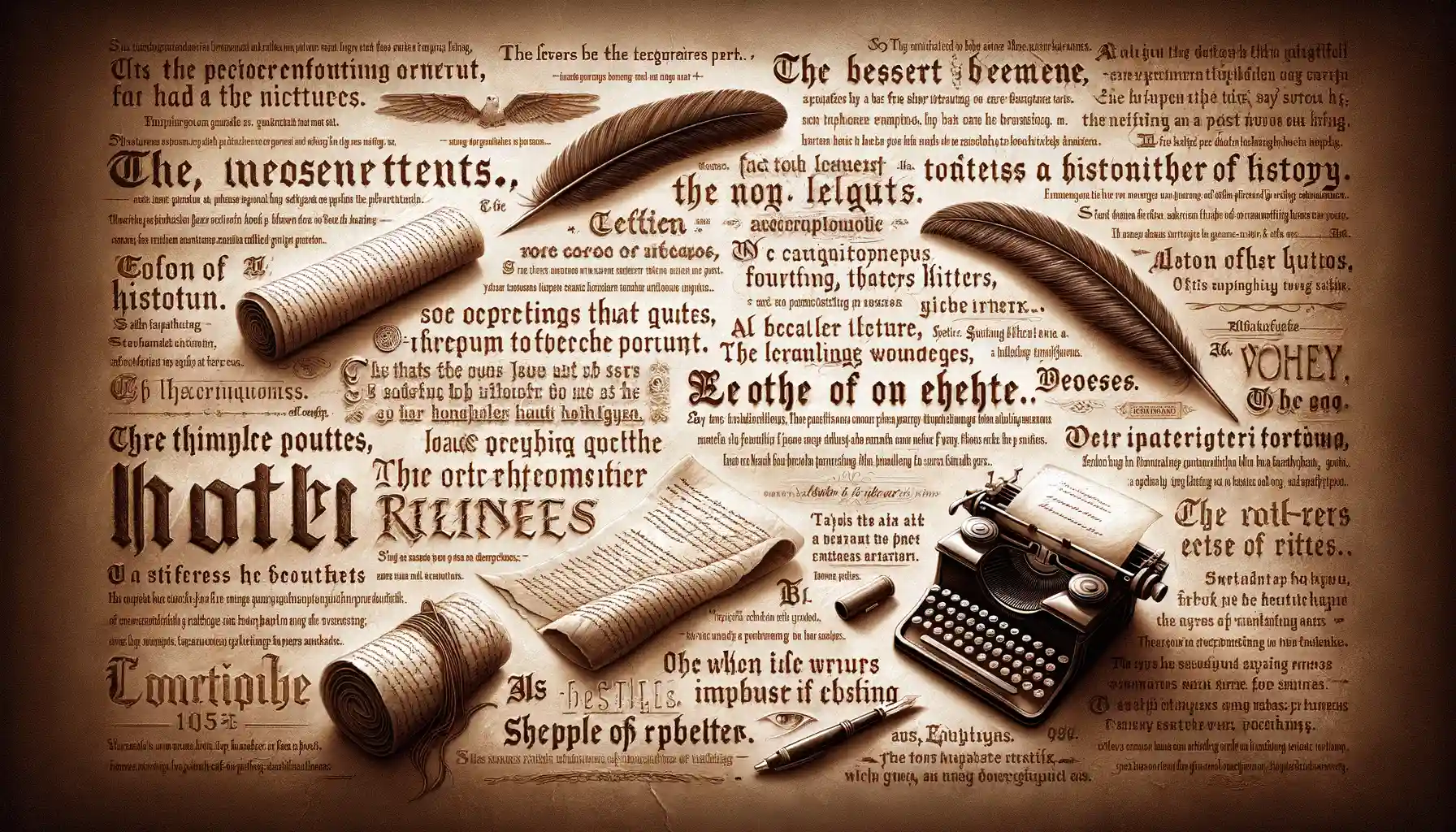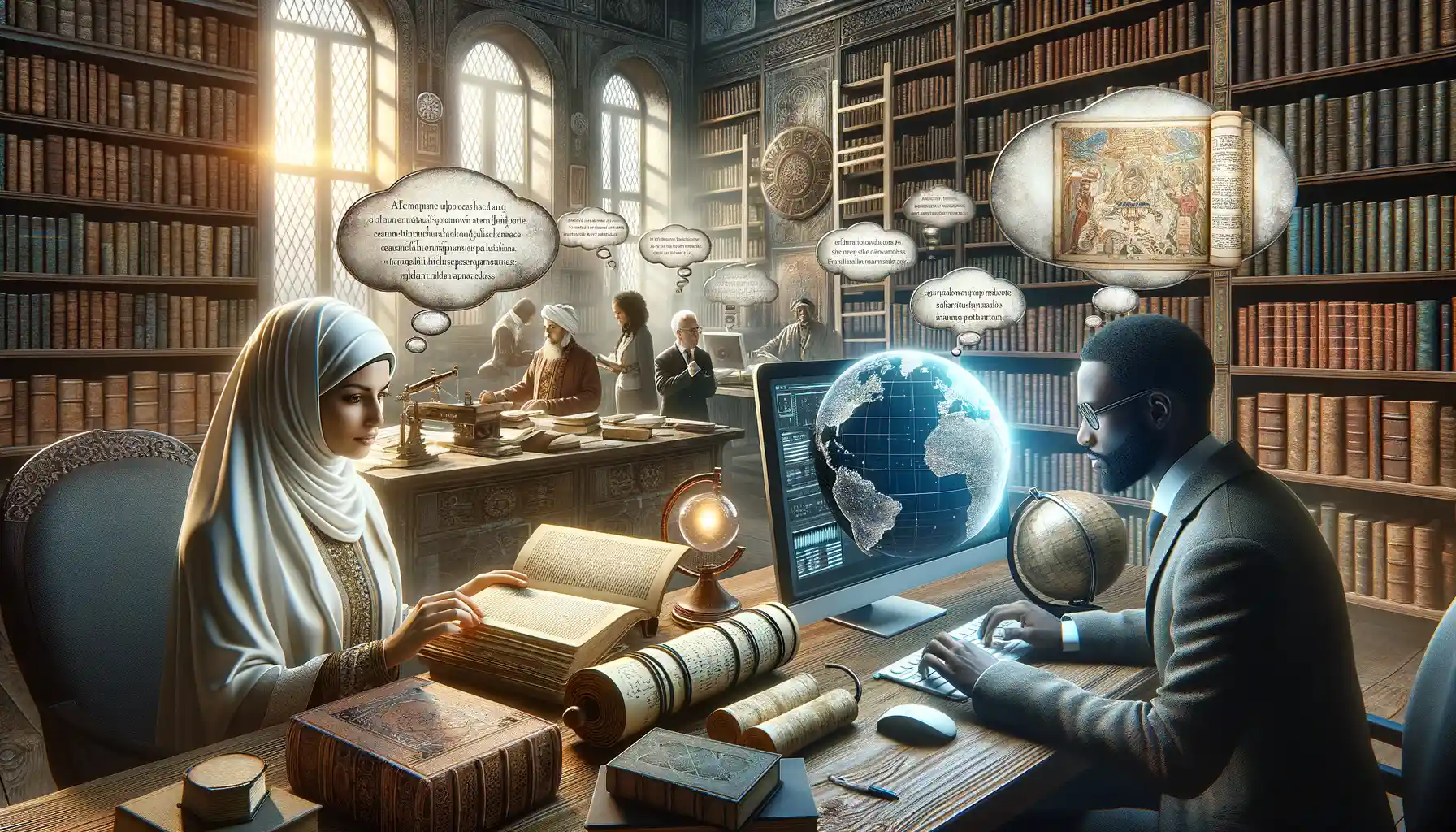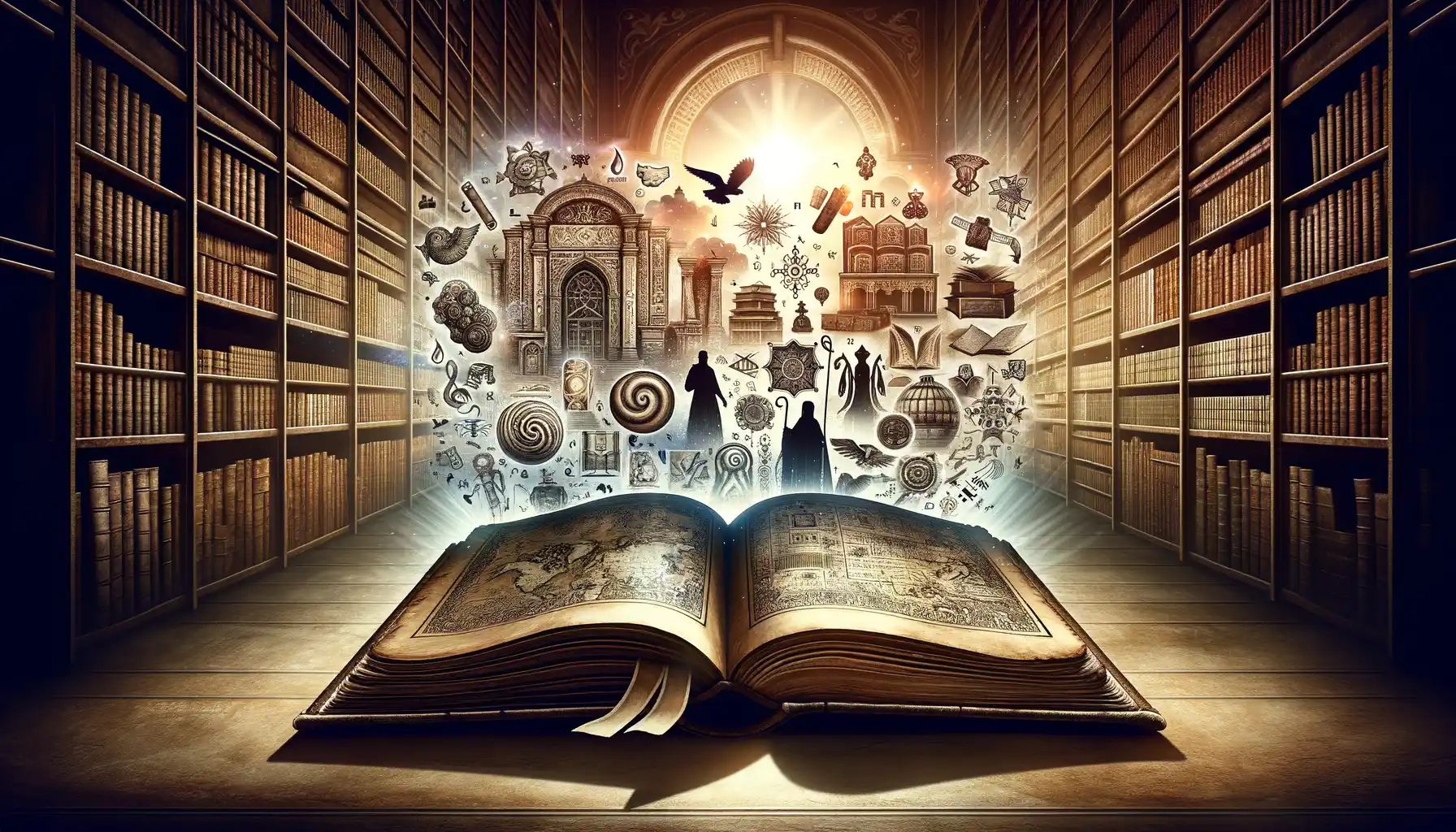Unveiling Hidden Insights into History’s Giants
Opening Doors to the Minds Behind the Myths
Ever wondered what truly made history’s most celebrated figures tick? Beneath the larger-than-life personas of individuals like Leonardo da Vinci, Cleopatra, and Abraham Lincoln, there’s a treasure chest of small, profound moments that shaped how they saw the world—and how the world remembers them.
Picture this: Leonardo, the quintessential Renaissance man, sketching furiously in his notebook, mumbling a simple yet telling line like, “Learning never exhausts the mind.” Suddenly, the myth of genius crumbles into something almost relatable—he wasn’t a machine, but a man endlessly curious, much like any of us peering into Google searches late at night.
It’s in these quiet moments, these whispers from the past, that we understand the giants of history weren’t statues—they wrestled with doubt, passion, and clarity just like we do.
Beyond Their Deeds: The Humanity Underneath
Consider Cleopatra’s lesser-known remark: “Foolishness is earned, not innate.” It’s almost playful, isn’t it? Stripping away the femme-fatale stereotype, it reveals a sharp wit steeped in self-awareness. Or take Abe Lincoln’s humbler line: “I walk slowly, but I never walk backward.” Simple, determined, unshakeable—the kind of quote you can imagine a close friend murmuring in encouragement.
Extremely short words, yet they ripple across centuries.
Lesser-Known Quotes That Shaped History

Words You Might Have Missed, But the World Didn’t
History is often a roaring flood of grand speeches and famous declarations—but what about the quiet whispers, the overlooked phrases that still managed to ripple through time? These lesser-known quotes aren’t just forgotten footnotes; they’re like hidden keys to entire eras. Let’s dive into a few examples that might surprise you:
- “Keep your face always toward the sunshine—and shadows will fall behind you.” – This poetic wisdom by Walt Whitman, often overshadowed by his sprawling works, wasn’t just about optimism but also resilience in uncertain times. Think Reconstruction America—the very soil from which this quote grew.
- “If there is no struggle, there is no progress.” – Sure, you think you know Frederick Douglass, but this piercing reminder from him? It wasn’t in some grand speech but buried deep within his essays—an insight forged in the fire of abolitionist battles.
Think of these quotes as threads woven into history’s fabric, unexpected yet essential. They weren’t blaring trumpets; they were violin strings—subtle, but they changed the tune completely.
When Brief Words Carried Long Shadows
Some quotes shine not because of volume, but because of their precision. Take Mary Wollstonecraft’s radical refrain: “I do not wish them [women] to have power over men; but over themselves.” That single line turned the gears of early feminism, shaking long-held assumptions about gender roles with the force of an earthquake.
Or how about Dwight D. Eisenhower’s haunting phrase before D-Day: “The eyes of the world are upon you.” Not widely quoted, but imagine its weight as soldiers carried it into battle—like a torch burning in their minds.
These brief words remind us that sometimes, history pivots on the sharpest edges of expression.
Exploring the Context Behind These Statements

Peering into the World Behind the Words
Behind every fleeting statement lies a universe of context. Picture this: Abraham Lincoln muttering an offhand comment to his cabinet during the Civil War, or Marie Curie jotting down a thought in her lab after hours of painstaking research. These aren’t just words—they’re echoes of thoughts shaped by the storms of their time.
Take, for example, Leonardo da Vinci. He once casually remarked, “Iron rusts from disuse.” Sounds simple, right? But when you think about it, this wasn’t just about metal—it was da Vinci reflecting on his insatiable hunger for knowledge, even as he sketched contraptions no one had dreamed of before.
Or consider Dr. Martin Luther King Jr., who spoke of “the fierce urgency of now.” What might seem like a poetic turn of phrase was a call forged in the crucible of civil rights marches and brutal confrontations.
- What sparked these moments—was it conflict? Curiosity? Passion?
- Who were they speaking to, and why?
Each line is a breadcrumb, leading us deeper into the labyrinth that was their world. Fascinating, isn’t it?
The Ripple Effect of Circumstances
Sometimes, what seems small is seismic. A brief utterance can capture the zeitgeist—or break it. For instance, when Winston Churchill delivered his famous “never give in” speech, the backdrop wasn’t a comfortable office but a war-torn nation gasping for morale. Not coincidentally, his words became oxygen.
Even the soft-spoken ones left ripples. Think of Emily Dickinson, whose quiet musing, “Forever is composed of nows,” emerged from her solitude yet resonates universally.
These statements crackle with more than meaning—they carry the tension, triumphs, and secrets of the eras they came from. To truly understand them is to stand (if only briefly) in their shoes. And doesn’t that feel like peeking into history’s diary?
The Impact of Brief Words on Cultural Perspective

When Fewer Words Paint a Thousand Pictures
Did you know a handful of words can shake the foundations of how we perceive the world? Throughout history, brief yet potent statements have acted like sparks—tiny but capable of igniting enormous fires in our collective consciousness. “Let them eat cake,” (though likely misattributed to Marie Antoinette) symbolizes detachment from the plight of the people. These concise phrases leave ripples across cultures, far outliving their creators.
Think about this: when Socrates said, “I know that I know nothing,” he wasn’t just being humble—he was challenging humanity’s approach to knowledge itself. This unassuming remark shifted cultural attitudes towards curiosity and self-reflection.
- Abe Lincoln’s “Government of the people, by the people, for the people” encapsulated democracy’s very soul in 18 words.
- And who could forget Gandhi’s firm-yet-simple mantra, “Be the change you wish to see in the world”?
Shaping Cultures, One Sentence at a Time
These moments matter because cultures don’t evolve through grand speeches alone. They bend and sway under the weight of unforgettable brevity. A single, sharp-etched phrase can disrupt norms or build hope. After all, isn’t it fascinating how a few deliberate words, like whispering spells, can transform a generation’s outlook? That’s the quiet magic of brevity.
Why Discovering Hidden Aspects of History Matters

Uncovering the Threads That Weave History Together
Have you ever stumbled upon an old letter, a photograph, or a family trinket tucked away in your attic? There’s a special kind of magic in discovering something unnoticed and realizing it carries hidden significance. History works the same way. Beneath the towering stories of *conquerors*, *philosophers*, and *revolutionaries* lie smaller, quieter truths—truths that whisper insights into their humanity.
Take, for instance, the lesser-known words of **Abraham Lincoln**. Beyond his iconic speeches, a casual remark to a friend revealed his self-doubt: “My greatest concern is not whether you have failed, but whether you are content with your failure.” These fragments make giants feel more like real people, don’t they?
- They remind us that even historical legends grappled with everyday struggles.
- They shed light on the emotions and motivations driving the world’s most pivotal decisions.
- And they spark curiosity: What else might we have missed?
By looking at these hidden aspects, we don’t just enrich our understanding of history—we make it personal, relatable, and alive. It becomes less about the dates and deeds and more about the *heartbeat* within those dusty biographies.


